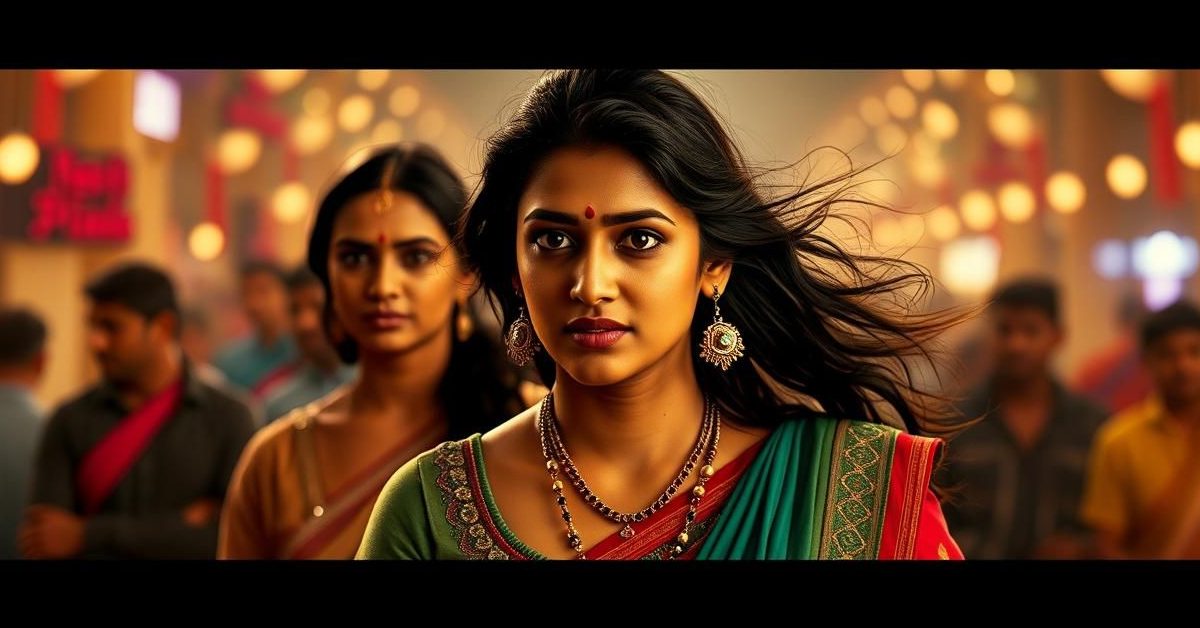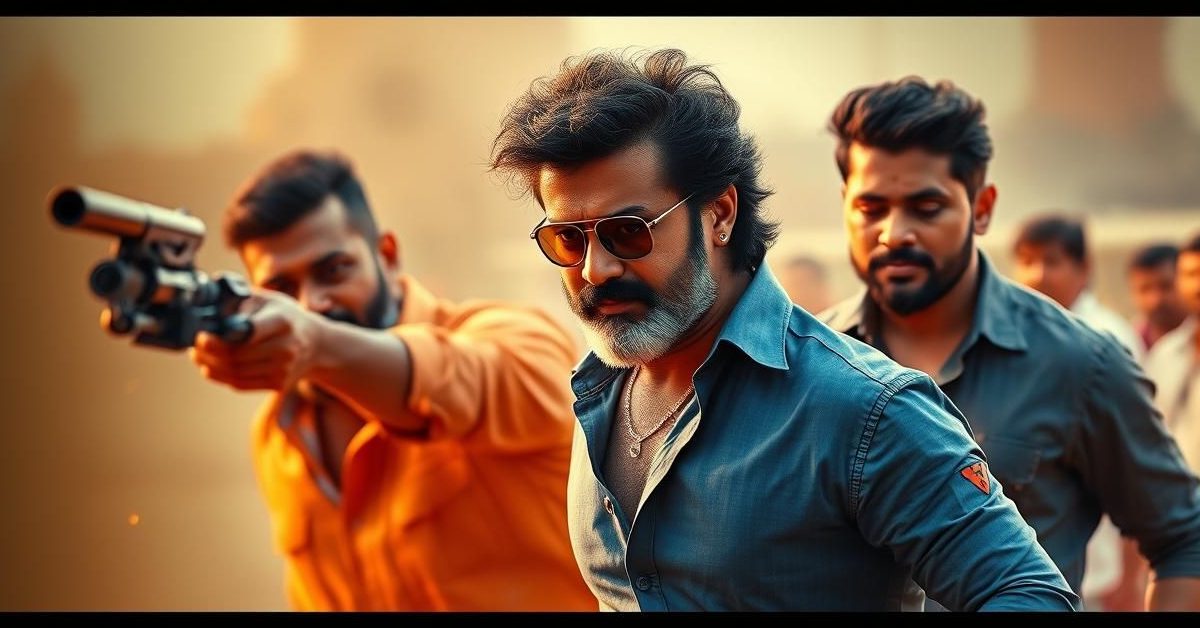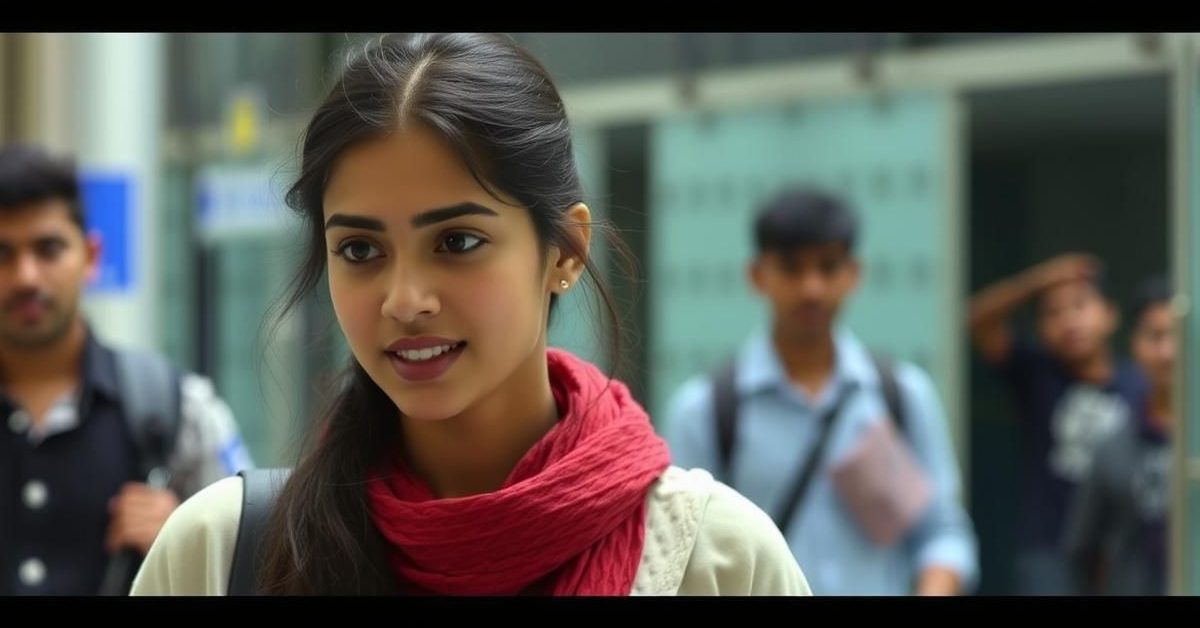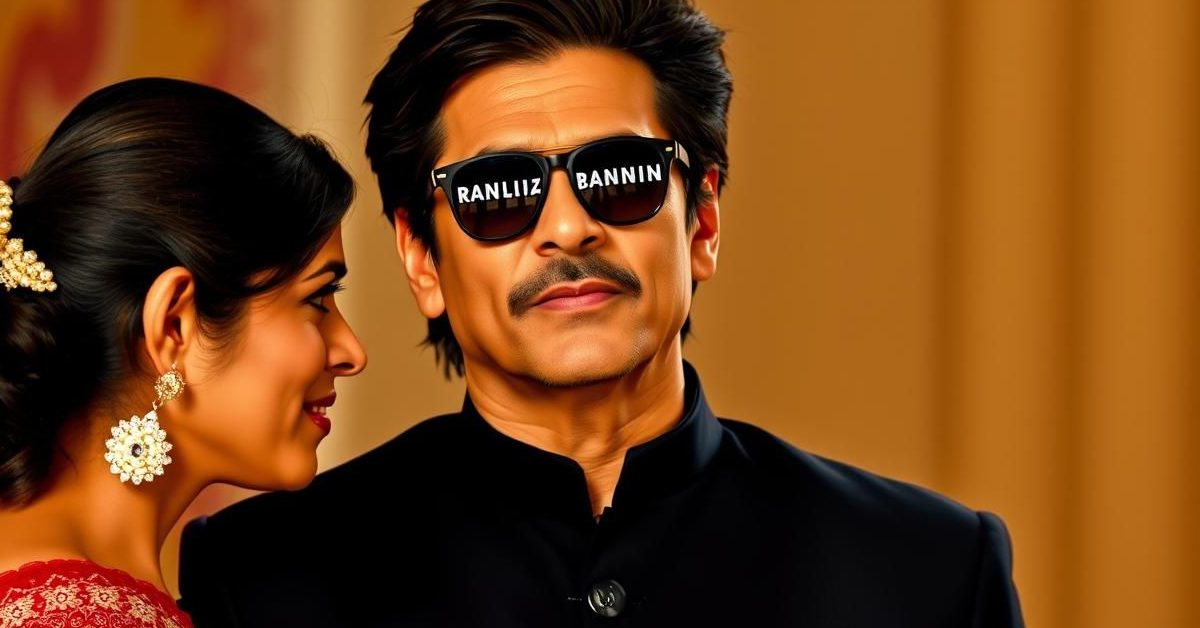The tragic story of Vijayasree, a beloved Malayalam actress dubbed the “Marilyn Monroe of Malayalam cinema,” unfolds a powerful narrative of exploitation and a brave, early stand against powerful industry figures, decades before the #MeToo movement.
A Bright Star’s Brief Ascent
Vijayasree began her acting journey at just 13 years old in the Tamil film “Chitthi” (1966). Her striking beauty and natural talent quickly garnered attention, leading to roles in Telugu and Kannada cinema before her Malayalam debut in “Poojapushpam” (1969).
She rapidly became a sensation, often paired with superstar Prem Nazir. Their on-screen chemistry was a massive hit, leading to over 60 films in a mere five years. Audiences flocked to theaters just to see her, a testament to her immense popularity.
The Unseen Struggle Behind the Glamour
Despite her dazzling success, Vijayasree was largely typecast as a “sex symbol,” with her acting skills often overlooked. Her beauty, a key to her fame, became a commodity for producers and directors seeking to boost film sales.
Behind her radiant smile, Vijayasree carried a heavy burden of exploitation. One incident involved a molestation scene where an actor nearly tore her clothes. A still from this distressing scene was even used in the film’s promotional posters, causing her immense pain.
The Ponnapuram Kotta Incident
The most devastating incident reportedly occurred during the filming of “Ponnapuram Kotta,” a period drama. In a bathing scene, Vijayasree was depicted wearing only a transparent garment. During the shoot, her costume accidentally came undone, exposing her completely.
Instead of protecting her dignity, the filmmakers allegedly continued to shoot, capturing her complete nudity. Vijayasree reportedly pleaded with the director not to use these shots, but they were included in the final cut. This exploitation became a marketing tool, drawing crowds and contributing to the film’s success, despite her clear distress.
A Voice Before the Movement
Shattered by this incident, Vijayasree, at just 20, gave an explosive interview to a major film magazine. She bravely detailed the exploitation she faced, naming individuals and sharing her trauma. This interview served as a powerful #MeToo moment, long before the term existed, sending shockwaves through the industry.
The producer responded by filing a defamation case against the magazine. Vijayasree, understanding the power imbalance, chose not to file a counter-case. Her death, just months later, left many wondering if this public battle had completely broken her spirit.
A Tragic End and Lingering Shadow
In January 1973, at the peak of her career, Vijayasree was found dead at her home in Madras. The official cause was suicide by poison. Her sudden death shocked everyone, as she had appeared cheerful and was even planning her marriage to a doctor abroad, hoping to leave the film world behind.
Many believed her spirit haunted the studio of the filmmaker who wronged her. His production empire soon collapsed, reportedly accumulating massive debts, which many referred to as “Vijayasree’s curse.” Even decades later, the studio building lay abandoned, consumed by wild vegetation, a stark reminder of a star’s tragic fate and a haunting legacy.
- Vijayasree was a Malayalam cinema superstar, popular in the early 1970s.
- She was typecast as a “sex symbol” and allegedly subjected to severe exploitation by filmmakers.
- A specific incident during the filming of “Ponnapuram Kotta” involved her accidental nudity being filmed and used in the movie against her wishes.
- She gave an explosive interview exposing the exploitation, years before the modern #MeToo movement.
- She died by suicide at 21, shortly after her public exposé.
- The producer who allegedly exploited her faced financial ruin, a downfall many attributed to “Vijayasree’s curse.”
Vijayasree’s story remains a powerful, poignant reminder of the hidden struggles and exploitation faced by many in the entertainment industry, even decades ago.















